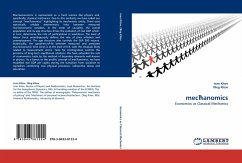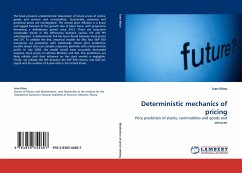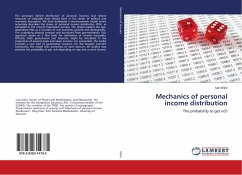Macroeconomics is represented as a hard science like physics and, specifically, classical mechanics. Due to this similarity we have called our concept mec anomics highlighting its mechanistic entity. There exist statistically reliable deterministic links between measured macroeconomic variables. In the order of causality, the overall population and its age structure drives the evolution of real GDP which, in turn, determines the rate of participation in workforce. The level of labour force unambiguously defines the rate of price inflation and unemployment. The age structure also controls the S&P 500 returns. Statistically, the goodness-of-fit between measured and predicted macroeconomic time series is at the level of 0.9, with the residuals likely related to measurement errors. Tests for cointegration confirm the presence of long-term equilibrium relations. We have extended the sets of econometric tools by the method of boundary elements well-known in physics. As a bonus to the prolific concept of mec anomics, we have modelled real GDP per capita during the transition from socialism to capitalism combining two physical processes: radioactive decay and saturation.
Bitte wählen Sie Ihr Anliegen aus.
Rechnungen
Retourenschein anfordern
Bestellstatus
Storno








